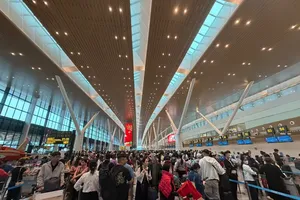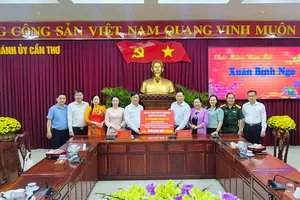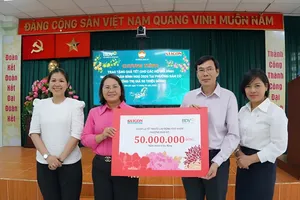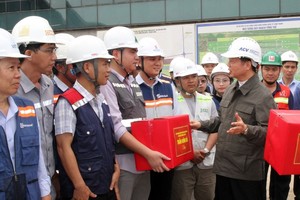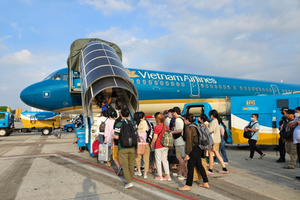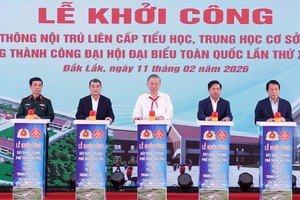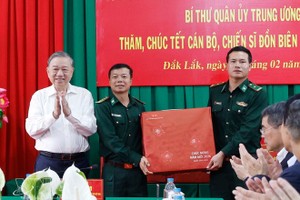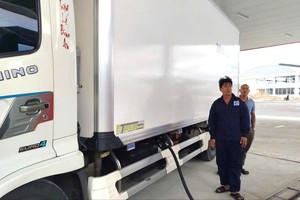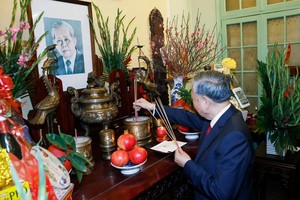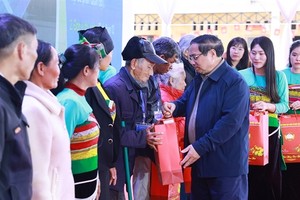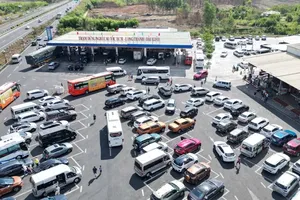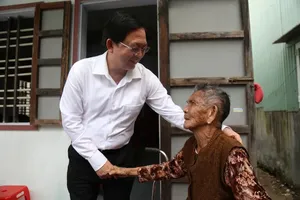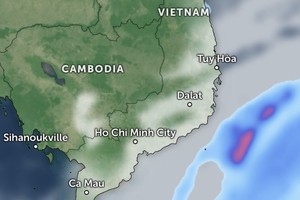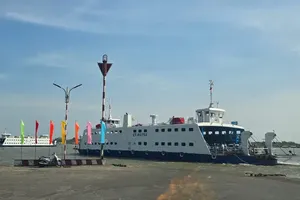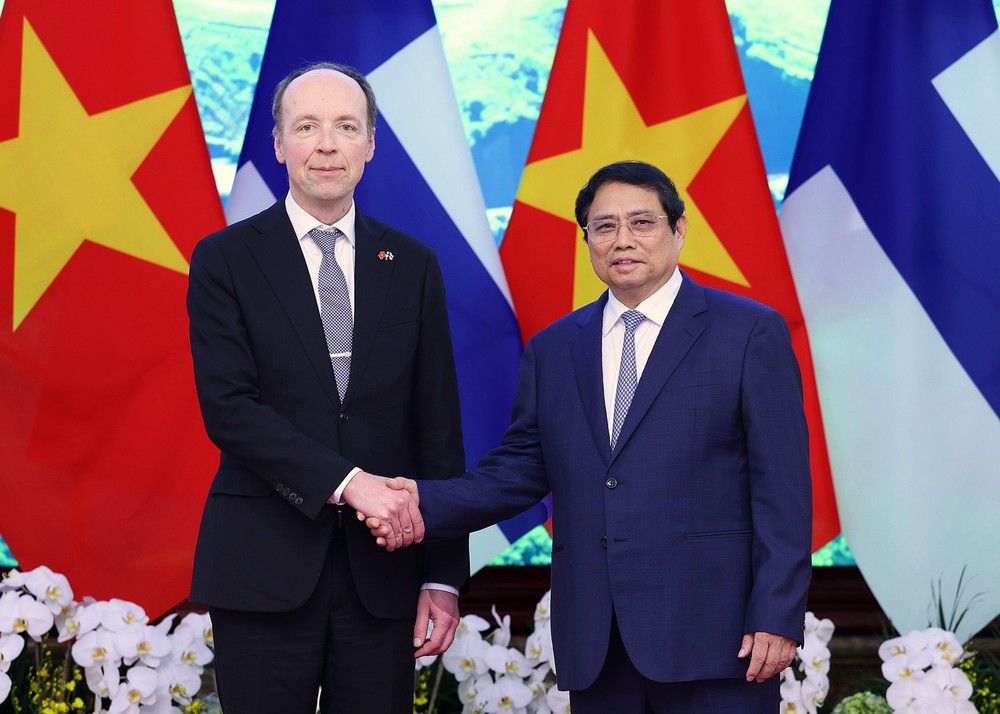
PM Chinh proposed that the Finnish Parliament support the European Commission's early removal of the "yellow card" warning against Vietnamese aquatic products, and hasten the parliaments of EU member states' ratification of the EU-Vietnam Investment Protection Agreement (EVIPA).
He suggested that both sides should explore new potential for educational cooperation in vocational training, share experience in building quality education systems, and expand student exchanges. He thanked and urged the Finnish Government and Parliament to continue creating favorable conditions for Vietnamese citizens living there, contributing to upholding their role as a bridge for bilateral friendship and collaboration.
Halla-Aho, for his part, acknowledged Vietnam as Finland’s most important economic partner in ASEAN and wished to fortify bilateral cooperation to fully tap the great potential between the two countries.
Informing the host about Finland’s talent development program, he extended a warm welcome to skilled Vietnamese workers and students to the European country for working and study.
The two leaders concurred on the need to explore new directions, approaches, and impetus to further deepen the bilateral relationship, partly via facilitating the exchange of delegations at all levels and across the Party, State, and NA channels, and offering mutual support at multilateral forums for the sake of stability, peace, and sustainable development.
They vowed to facilitate connectivity among businesses and investors while fully tapping the benefits of the EU-Vietnam Free Trade Agreement (EVFTA), especially in areas of their demands and strengths such as hi-tech, green development, environment, agriculture, forestry, and information technology.
Both sides will continue to effectively carry out the two Governments’ Framework Agreement on projects funded under the Finnish Government's Public Sector Investment Facility Scheme, with a focus on priorities to improve the competitiveness of the private economic sector, develop a knowledge-based economy, address challenges related to sustainable development and climate change, and promote sustainable development in the Mekong Delta.
On global and regional issues of shared concern, they promised to respect sovereignty and territorial integrity and settle disputes through peaceful means, while upholding international law, particularly the 1982 United Nations Convention on the Law of the Sea (UNCLOS).
The Speaker expressed support for ASEAN's and Vietnam's stance on the East Sea issue, including ensuring safety and freedom of navigation and overflight, backing efforts of ASEAN and China to effectively and fully implement the Declaration on the Conduct of Parties in the East Sea (DOC) and formulate a Code of Conduct in the waters (COC).




